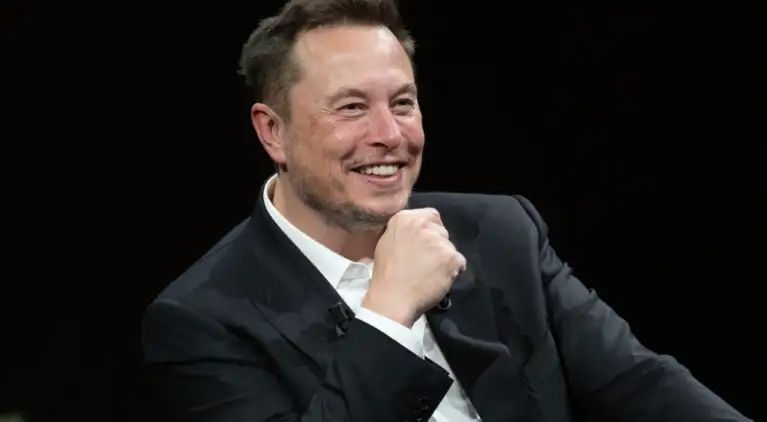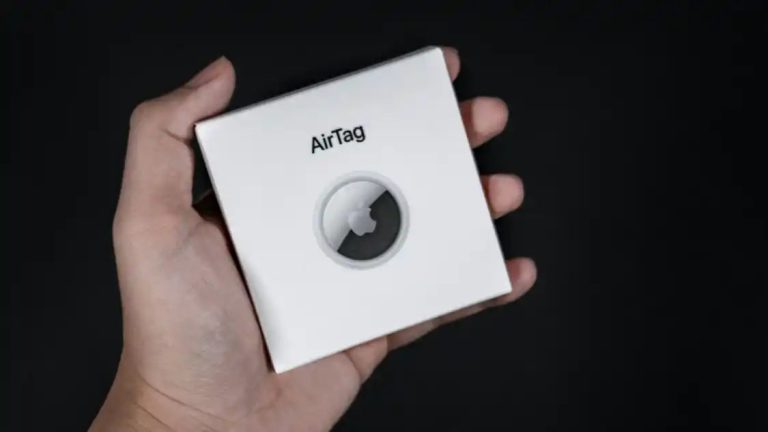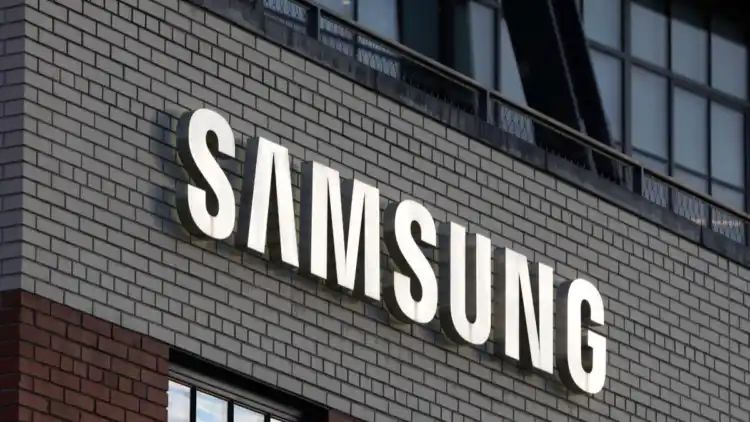EU’s Digital Markets Act gives boost to smaller Big Tech rivals
European Union’s Digital Markets Act is seeing some of the biggest tech companies in the world revamp their core online services to comply with proposed changes, that can give a boost to smaller rivals and peers.
The wide-ranging Act aims to regulate Google parent Alphabet, Amazon, Apple, Tiktok parent ByteDance and Meta Platforms, along with Microsoft to create a level-playing field for smaller competitors, and more competition for Europeans.
Thanks to the DMA legislation, some of the globe’s largest tech companies are now making it simpler for consumers to select services from different providers.
“The winners will be small European businesses which will get more options and more visibility than large companies,” Christophe Carugati at advisory firm Digital Competition said.
Meta is obliged to make Facebook Messenger and WhatsApp services interoperable with desirable rivals, as long as they are compliant with the company’s technical and security standards.
Practically this implies users of other messaging apps in the likes of Signal and Telegram, which have gained international traction for their focus on protecting user privacy, would be able to chat with Messenger and Whatsapp contacts without switching apps.
Meta in its compliance report is striking a balance between a viable approach for third-party providers, who are interested in interoperability with Meta while maximising user security, safety and privacy.
On similar lines, users of Google’s Android phones will be guaranteed a choice of default search engine when setting up their device, which depicts a big opportunity for alternatives such as privacy-focused DuckDuckGo and environment-conscious Ecosia.
“The implementation of these new rules is a step in the right direction, but the proof of the pudding is always in the eating, and whether we see any meaningful changes in market share,” according to Sophie Dembinski, chief of public policy at Ecosia.
In a blog this week, Google said changes to search results mean large intermediaries and aggregators would get more traffic while hotels, airlines, merchants and restaurants would get less.
Consumers in the EU have also won new privacy protections, as the DMA introduces new rules on how these companies use their data.
For example, users can disentangle their Facebook and Instagram accounts, so information will no longer be shared across platforms for tracking and targeting purposes.






